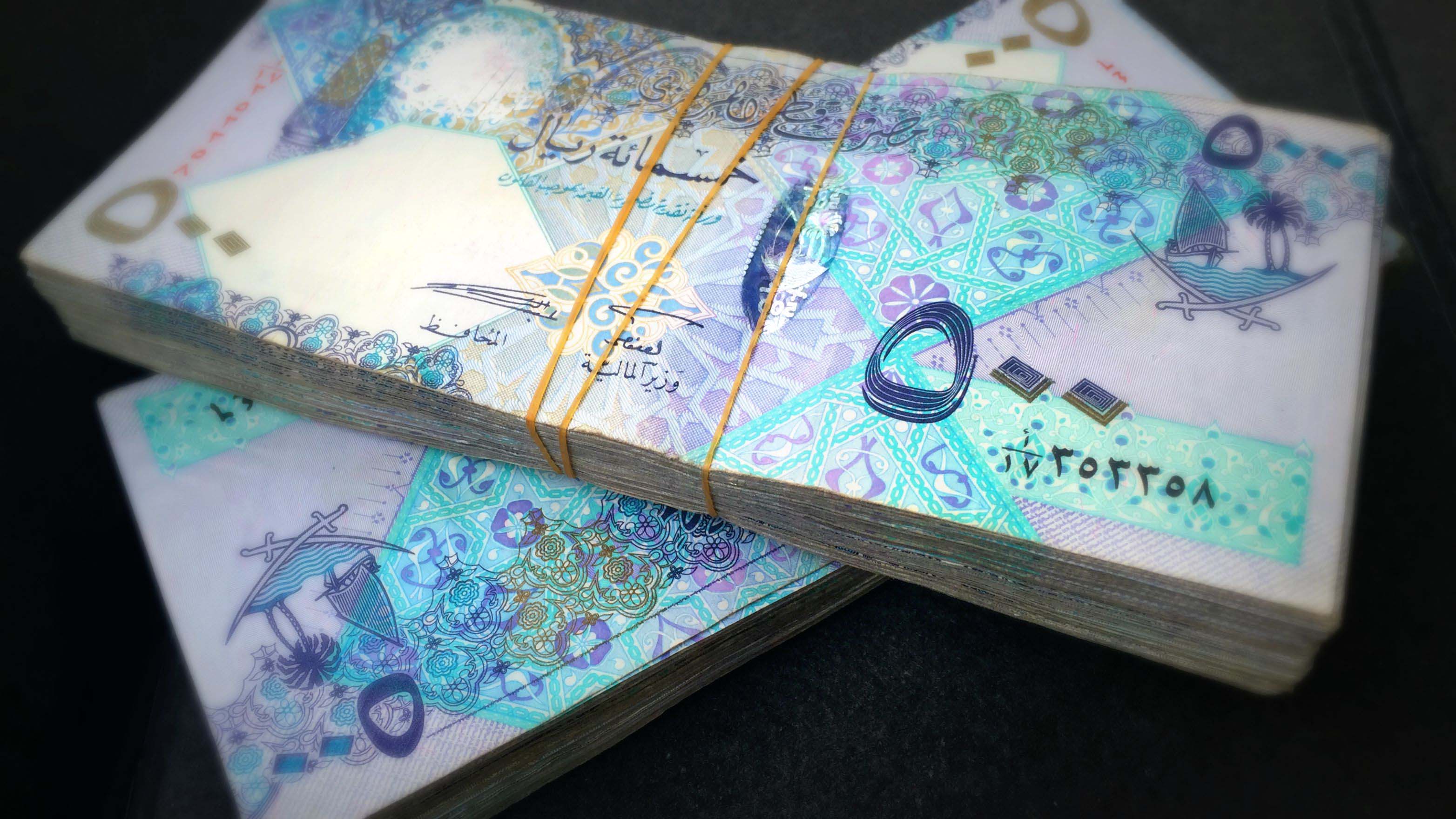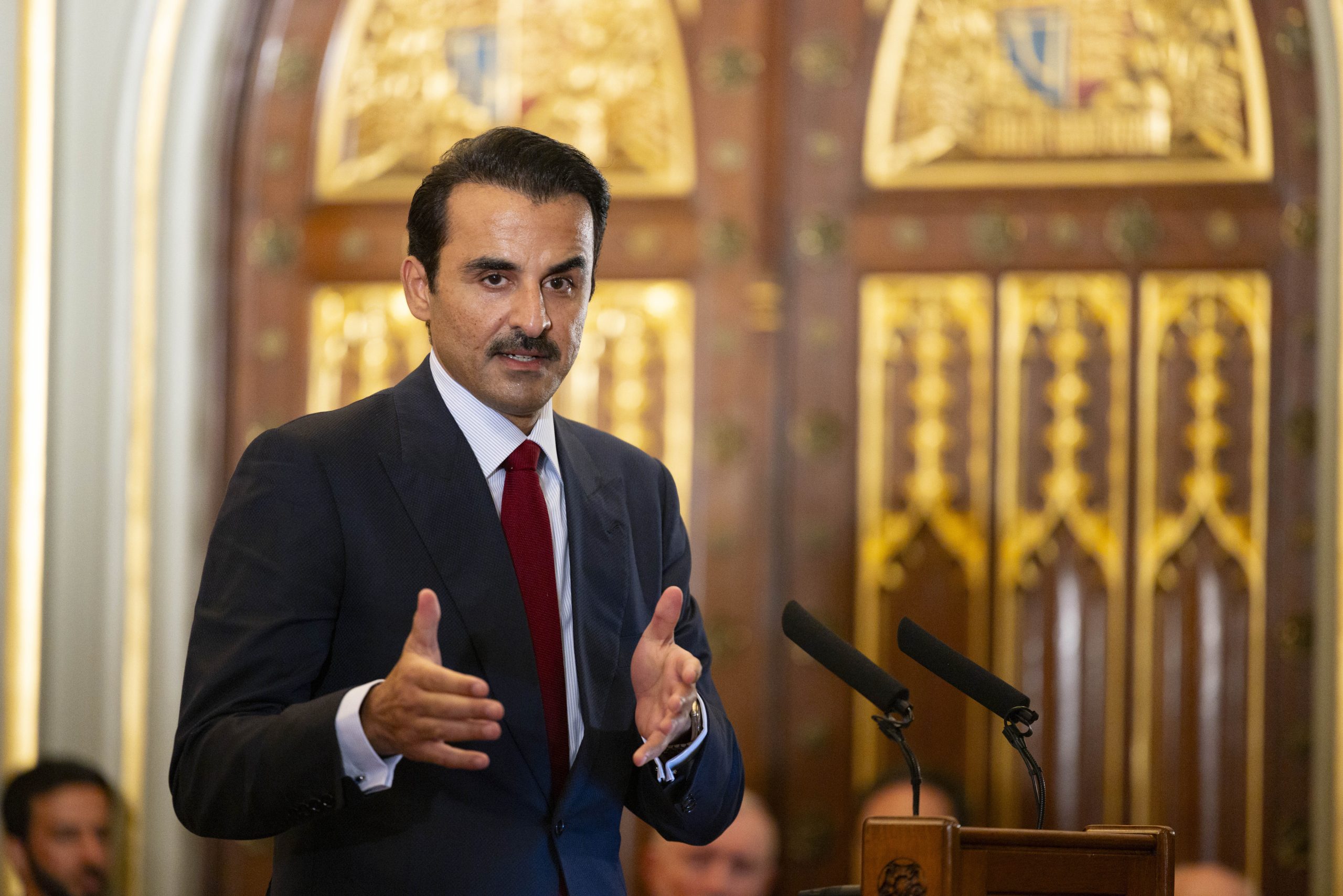
With Eid Al Fitr and the long school summer break only about a month away, many Qatar residents hoping to escape the heat have been planning trips abroad.
But as prices soar during these peak travel times, some families are choosing to take out hefty loans to fund their vacations – sometimes creating debts that are hard to repay.
That’s something that concerns Qatar’s Ministry of Economy and Commerce (MEC), which has launched a new online campaign to encourage expats and nationals to save more money while traveling.
Big spenders
The MEC has said that, on average, around 12 percent of the annual income of families in Qatar is spent on vacations, a figure that has increased dramatically in recent years.
However, proper planning helps “decrease the cost without affecting the level of your luxury and enjoyment,” the ministry said.

In an infographic shared on social media, the MEC advised residents to avoid depending on loans to pay for their holidays, as this would increase their financial commitments after they return and could affect their standard of living.
It also recommended that people save from 10 to 15 percent of their salary or income each month to help pay for their trips.
As an example, it said that if a resident’s monthly salary is QR25,000, he or she should save from QR2,500 to QR3,750 a month.
Plan ahead
In a statement on its website, the MEC said that the main reason vacations abroad break the bank is a lack of planning and booking ahead.
To save money, the ministry offered the following advice:
- Search for discount coupons for hotels, shops, restaurants and recreational areas in your vacation destination;
- Try to travel to countries in the off-season, when accommodation and flights are less expensive;
- Get the best and cheapest deal on flight tickets by booking them earlier and taking advantage of pre-summer sales;
- Search for reviews and visitors’ comments on hotels and compare prices on travel websites before booking;
- Become familiar with the terms and conditions of plane tickets or accommodation, and choose an option that allows flexible cancellation or changes; and
- Keep in mind that booking an apartment is usually better value for a long vacation than a hotel, and renting a car is usually cheaper than using taxis.
- In some countries such as the UK, taxes paid on goods by tourists can be retrieved from the shops or at the airport.
Payment advice
The MEC also advised travelers to make themselves aware of the cost of using credit or debit cards abroad, and to set a maximum limit in line with their budget.
It suggested that if you want to take cash (which can be cheaper than using a credit card), it’s better to search online for the best exchange offices and banks at their destination.
The advice in the infographic added that travelers should also be aware of limits some countries place on the amount of cash tourists can bring into a country.

Finally, the MEC urged travelers to be aware of the potential for pickpockets and thieves, and to take action accordingly.
Rising debts
The MEC’s advice comes as many Qatar residents struggle to save money, either due to the rising cost of living or because they live outside of their means.
Debt is an increasing problem among the Qatari population in particular. In March, Qatar University researchers said that social pressures to “keep up” with peers in terms of appearances is saddling many nationals of all incomes with significant debt.

And a 2014 GCC Consumer Health Check Report by Samba Financial Group stated that the average household debt (excluding mortgages) in Qatar had increased more than three-fold, from QR145,628 ($40,000) in 2004 to nearly QR520,620 ($143,000) by 2013.
Last year, Muslim clerics weighed in on the issue, advising travelers not to take bank loans to fund their trips, to avoid falling into crushing debt that could lead to jail time.
Meanwhile, several local charities have previously raised millions of riyals to help keep dozens of residents out of jail in recent years through their initiatives.
Thoughts?







